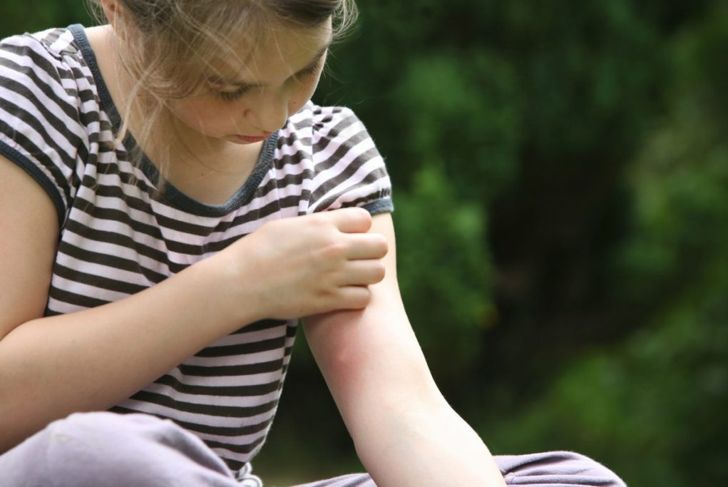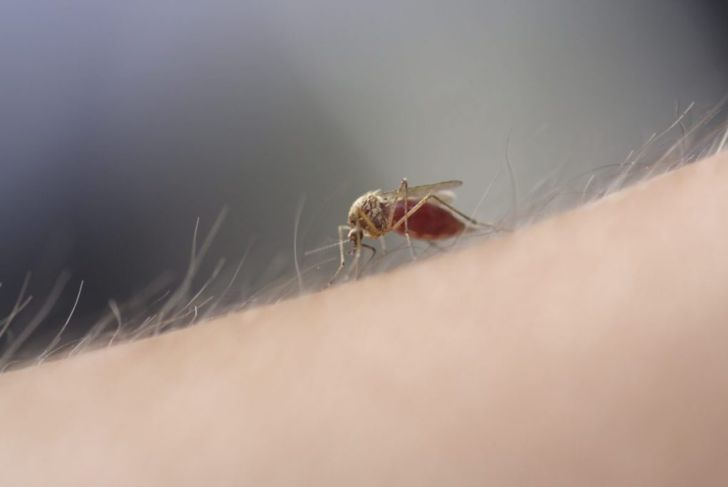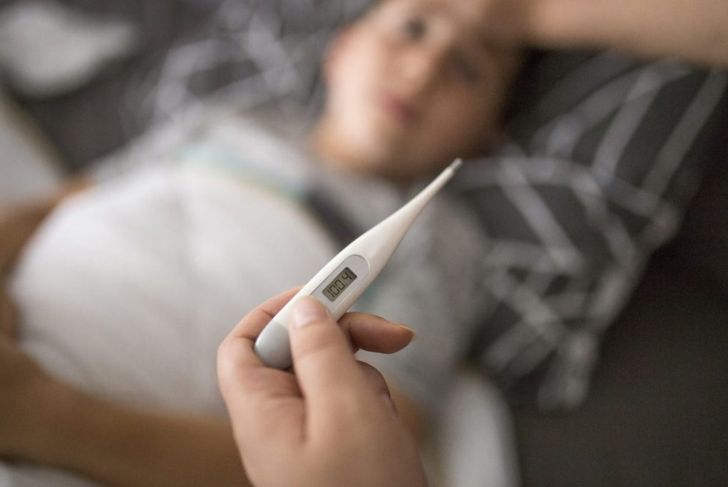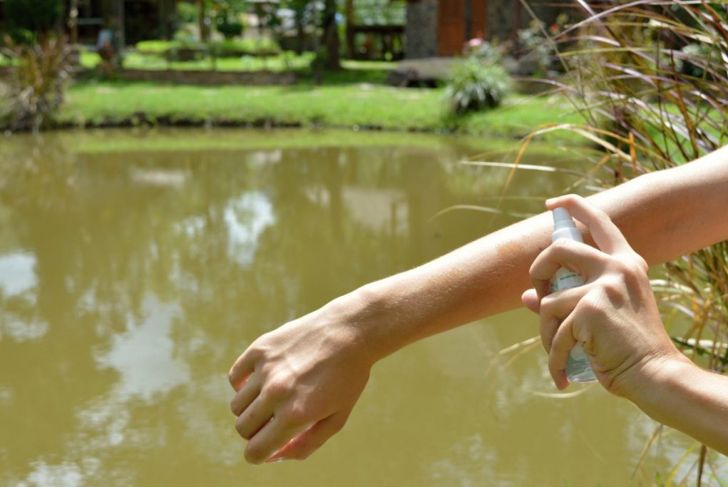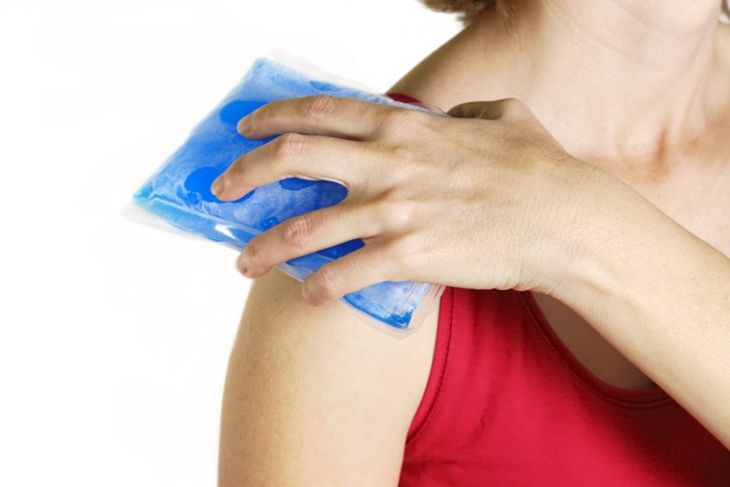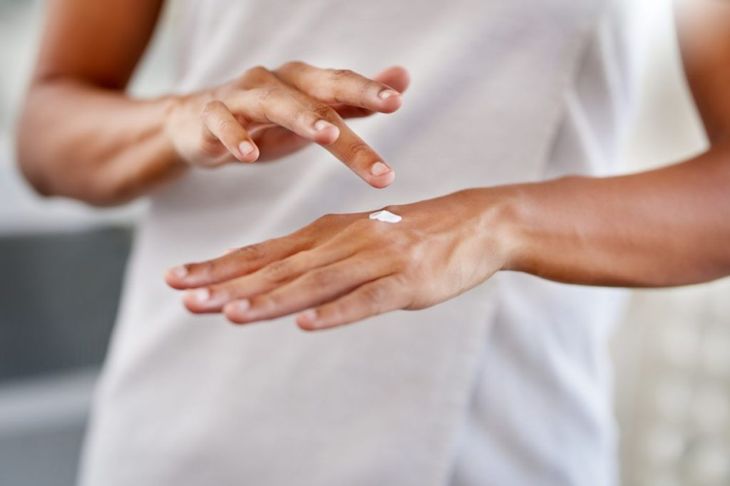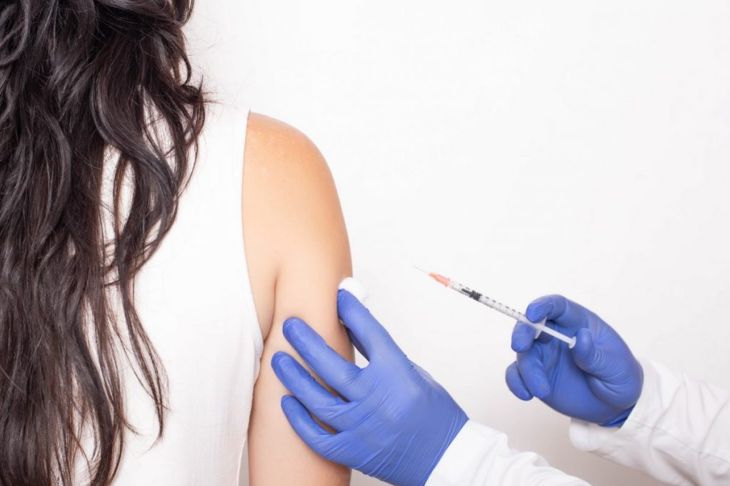Mosquitos are infamous for carrying diseases, but some people have to worry about the bite itself. Most people have some reaction to a mosquito bite, though it is usually mild. Individuals with skeeter syndrome are extremely sensitive to mosquito bites and develop more serious symptoms. Though skeeter syndrome sounds like an informal name, it has appeared in many published journals and is a legitimate condition.
Symptoms
When most people receive a bite from a mosquito, they develop a small, red bump that itches slightly. When a mosquito bites a person with skeeter syndrome, that individual instead develops a localized allergic reaction that often includes inflammation. The site may be tender to the touch. Some people with skeeter syndrome also develop fevers that can last several days. Symptoms usually develop within a few hours of the bite.
Causes
Skeeter syndrome is an allergic reaction to the proteins in mosquito saliva. Many people are allergic to these proteins to varying degrees, but those with skeeter syndrome are particularly sensitive. People with other allergies to stinging insects are more likely to have skeeter syndrome. Additionally, individuals with weaker immune systems, such as children, older adults, and those with immune system disorders tend to have stronger reactions to mosquito bites.
Symptom Length
The first signs of skeeter syndrome tend to appear within a few hours of exposure, though children can develop them as little as 20 minutes later. Despite the alarming nature of allergic reactions, they are usually a cause for serious concern. Symptoms develop quickly but tend not to last. Most reactions from skeeter syndrome resolve themselves in a matter of days. However, scratching the bites can cause an infection which, if it is allowed to worsen, can cause boils in the area. These take longer to heal and have more serious symptoms.
Prevention
The best way to manage skeeter syndrome is to avoid being bitten by mosquitos. This requires taking precautions when outdoors. Easy ways to avoid bites include
wearing long sleeves and pants to cover potential bite zones
using bug spray and mosquito repellant
wearing citronella bracelets
avoiding standing water
Some studies suggest that bright-colored clothes and strong perfumes attract mosquitoes, so it is best to avoid these, as well.
Seeing a Doctor
When a person first develops a serious allergic reaction to any insect bite, it’s important to visit an allergist, and people with a known allergy such as skeeter syndrome should make regular visits. Generally, the reactions are irritating but not particularly dangerous, but anaphylaxis is a possibility.
Home Treatments
Individuals with skeeter syndrome can choose from a variety of home remedies to help them manage their reactions. If the reaction is to a single bite, start by elevating the affected area. A cold pack can help reduce inflammation and redness and has the added benefit of soothing itchiness and pain. Some people find that applying a mixture of cooked, cooled oatmeal helps reduce itchiness, as well.
Medications
In some cases, over-the-counter medications can treat skeeter syndrome. Antihistamines can temporarily reduce itchiness and swelling, providing temporary relief. Other options include topical corticosteroid creams, which soothe insect bite reactions. However, some people with the condition may find these creams are not strong enough and may require a prescription alternative.
Immunotherapy
When home remedies and over-the-counter medication is not enough, a person with skeeter syndrome might require allergen immunotherapy, a long-lasting solution to bug bite reactions. These allergy shots are similar to vaccines. A doctor injects an incredibly small amount of an allergen, which allows the patient’s body to develop an immune response to the allergen. Each visit, the allergist slightly increases the dosage. This method, though often effective, can take as long as 18 months. Some people need to continue the shots for several years.
Issues with Pregnancy
Pregnant women should speak to their doctor if they know they have skeeter syndrome and discuss how to manage potential reactions. Many topical and over-the-counter medications pose no risk to infants in the womb, but it is always better to consult with a doctor to confirm the safety of the products. This applies until a new baby is finished breastfeeding.
Differential Diagnosis
People should not confuse skeeter syndrome with severe mosquito bite allergy or SMBA. Like skeeter syndrome, SMBA has exaggerated symptoms in response to a mosquito bite. However, the symptoms are typically worse. Many people with SMBA develop ulcers, scarring, and tissue death after a bite. They may also have systemic symptoms such as liver dysfunction, hematuria, and the lymph nodes, liver, and spleen may swell.

 Home
Home Health
Health Diet & Nutrition
Diet & Nutrition Living Well
Living Well More
More